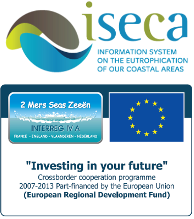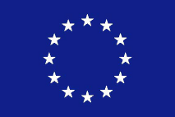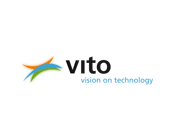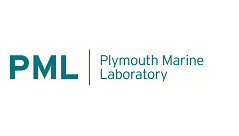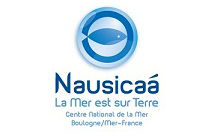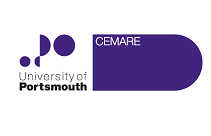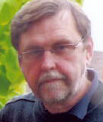 Dr. Andris Andrusaitis (Finland)
Dr. Andris Andrusaitis (Finland)
Programme Manager, BONUS The Joint Baltic Sea Research and Development Programme
Andris is a marine biologist by education (degree by Shirshov Institute of Oceanology in Moscow, 1987). From 1995 to 2003, while continuing his research in plankton functioning in the brackish water systems, he served as the director of Latvian Institute of Aquatic Ecology. In 2003-2007 he worked as the Assistant Coordinator of the Baltic Sea Regional Project funded by the World Bank and the Global Environment Facility, and implemented jointly by HELCOM and ICES. In 2006-2009 Andris coordinated Latvian national research programme on impact of climate change on aquatic systems (KALME). Until 2013 Andris combined his administrative and scientific work with teaching of biological oceanography and functioning of aquatic ecosystems at University of Latvia. Having been involved in the development of the Joint Baltic Sea Research and Development Programme BONUS since its ERA-NET phase, Andris joined the BONUS Secretariat staff in 2008. As the Programme Manager, he is responsible for the scientific coordination of the Programme including development of the strategic research agenda, implementation of the Steering Committees decisions related to the Programme management, organisation of the Programmes scientific workshops and conferences, monitoring and following up of the projects, and organising Programmes specific reporting to the EU and national funding agencies.
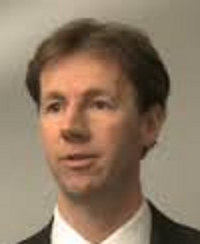 Dr. Rodney Forster (UK)
Dr. Rodney Forster (UK)
Marine Ecologist, CEFAS
Dr. Rodney Forster (PB6) leads the Pelagic Sciences team at CEFAS where his role is to integrate marine ecosystem data from different sources (ship, satellite, in situ) in order to better understand the ecology and productivity of shelf seas. He has worked on primary production of phytoplankton, macroalgae and microphytobenthos for over 20 years and has extensive experience in the use of in situ techniques and remote sensing of the marine environment. He has been involved in several EU-funded projects, including HIGHROC, PROTOOL, MYOCEAN and DEVOTES (FP7 programme studying the impact of human activities and variations due to climate change on marine biodiversity, using long-term pelagic and benthic data sets). Dr Forster has published over 30 articles in international, peer-reviewed journals.
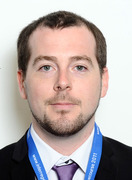 Mr. Edouard Gatineau (France)
Mr. Edouard Gatineau (France)
Project Officer, 2 Seas INTERREG IV A Joint Technical Secretariat
As Project Officer in the Joint Technical Secretariat, Edouard Gatineau is in charge of the smooth monitoring of the projects supported by the INTERREG IV A 2 Seas Programme. With an academic background of European Spatial and Environmental Planning, his portfolio of projects comprises mainly environmental and research oriented projects. In this framework, he has been following ISECA from the very beginning of its implementation.
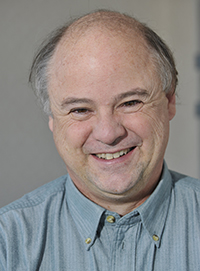 Dr. Francis Gohin (France)
Dr. Francis Gohin (France)
Researcher, Ifremer
As a biologist graduated in mathematics, Francis Gohin has been applying remote-sensing techniques to the monitoring of the coastal environment. His experience mainly deals with the quantitative assessment of the water quality parameters (sea surface temperature, chlorophyll, turbidity, suspended particulate matters) in the spirit of the program Copernicus/GMES (Global Monitoring for Environment and Security) of the European Union. To that purpose, he is involved in the GMES/MyOcean project (within the OceanColour TAC) providing chlorophyll and mineral suspended matter maps processed by specific algorithms dedicated to the coastal waters of Western Europe. He is also involved in several national and European projects aimed at developing the application of earth observation data to the environmental surveillance (Water Framework Directive, European, Marine Strategy Directive). He was also leading the Remote Sensing Work Package of the ECOOP project (European COastal sea OPerational observing and forecasting System).
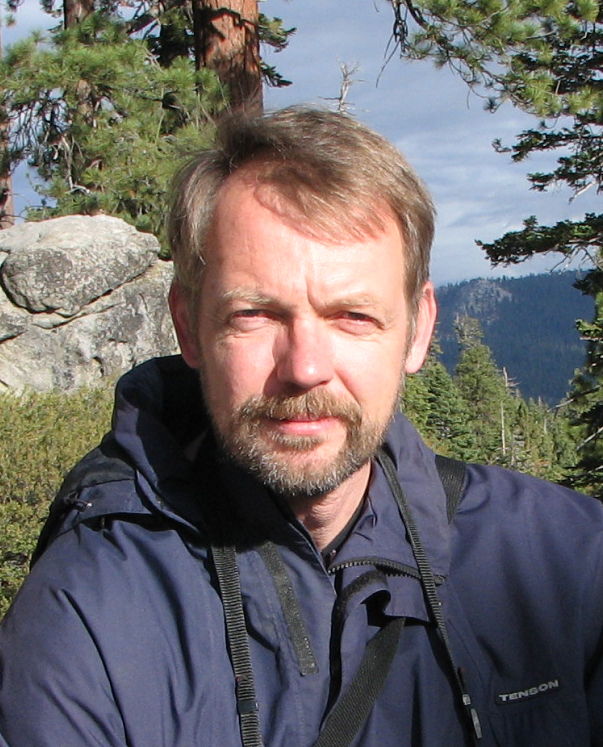 Dr. Jacco Kromkamp (Netherlands)
Dr. Jacco Kromkamp (Netherlands)
Senior Researcher, NIOZ
Dr. Kromkamp is a Senior Researcher at the Royal Netherlands Institute for Sea Research (NIOZ) in the Netherlands and member of the department Marine Microbiology. His field focuses mainly on primary production of phytoplankton and benthic microalgae in estuaries and coastal marine systems.
His laboratory work investigates how unicellular algae photoacclimate to different environmental conditions using a variety of techniques. Dr. Kromkamp also works on optical properties of water and intertidal sediments in order to develop bio-optical models and techniques for estimating algal biomass and production and use of remote sensing to obtain these variables on the scale of an entire mudflat or estuary.
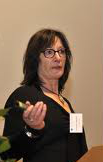 Prof. Dr. Christiane Lancelot (Belgium)
Prof. Dr. Christiane Lancelot (Belgium)
Professor, ULB-ESA
Christiane Lancelot is Professor in aquatic ecology, ecological modelling and environmental management and is head of the laboratory 'Ecologie des Systèmes Aquatiques' (ESA) at the 'Université Libre de Bruxelles' (ULB). She has expertise in plankton eco-physiology and ecological modelling focusing her activity in the study and modelling of the structure and function of marine ecosystems and the related biogeochemical C, N, P, Si and Fe cycles, in response to global (natural and human-induced) changes. In this scope, she has published >100 peer-reviewed papers in international journals and she is member of the international Scientific Committee of the International Geosphere Biosphere Program (IGBP).
Between 1987 and 2007 she was active in polar research and has developed in collaboration with UCL a coupled sea-ice-ocean biogeochemical model to describe phytoplankton blooms in the iron-limited Southern Ocean. As international recognition of her work in this field she was elected in 1997 to sit in the scientific committee of the Gordon Conference on Polar Marine Science and chaired the conference in 2003.
Since 1971 she has a sustained interest in land-ocean interactions, especially the link between human activity and coastal eutrophication. In this scope, she recently coordinated two large interdisciplinary 'eutrophication' networks funded by the Belgian Federal Science Policy: the 1997-2010 AMORE (Advanced MOdelling and Research on Eutrophication) projects on the study and modelling of eutrophication in Southern North Sea and the 2007-2012 TIMOTHY (Tracing and Integrated MOdelling of natural and anThropogenic effects on HYdrosystems: the Scheldt River basin and adjacent coastal Nort Sea) project.
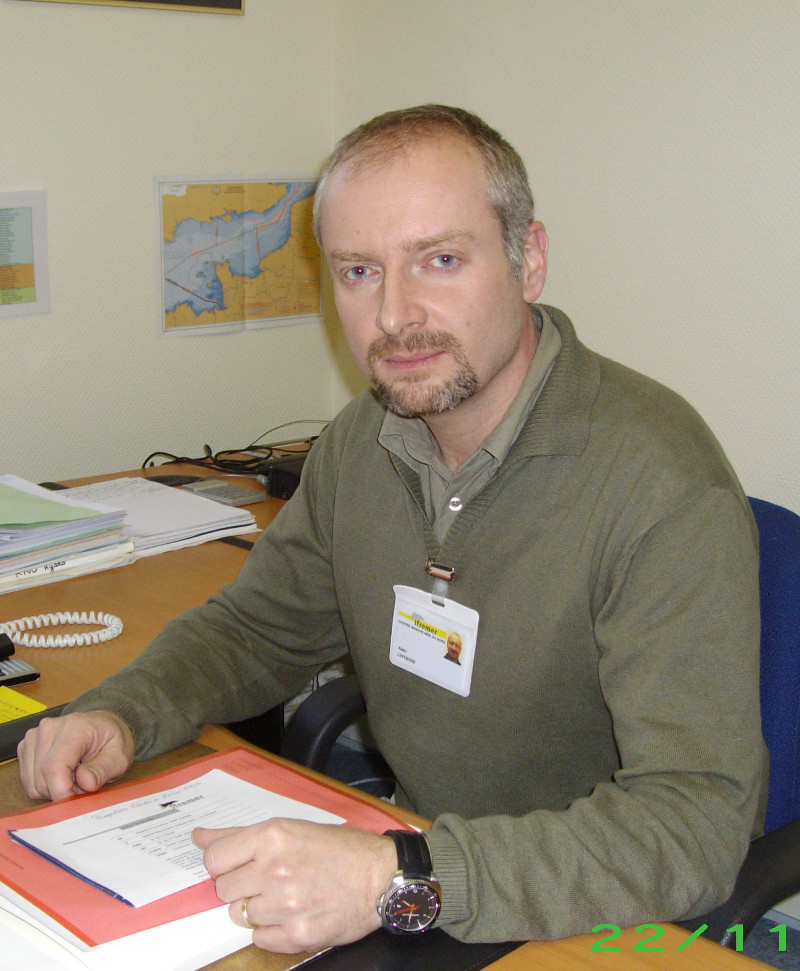 Dr. Alain Lefebvre (France)
Dr. Alain Lefebvre (France)
Researcher, Ifremer
Alain Lefebvre received the PhD degree from LILLE 1 university - Science and Technology, France, in 1999. His research interests include the dynamic of phytoplankton blooms, development and implementation of automated and high resolutions systems to support monitoring and research. He has been head of the Coastal Environment & Shellfish Resources laboratory from IFREMER (French Research Institute for Exploitation of the Sea) since 2005. He is the coordinator of biological monitoring networks such as the SRN (dedicated to the study of the eutrophication in the eastern English Channel) and was the coordinator of the environmental and fishery monitoring of the Gravelines nuclear power plant (2001-2007). He is the scientific coordinator of the MAREL Carnot system (automated system for high frequency, multi-parameter data collection in the marine environment). He is the French delegate in the OSPAR Eutrophication Committee, support for the French Ministry of Environment and Sustainable Development (since 2003). He is involved in the implementation of the European Marine Strategy Framework Directive for the Eutrophication issues.
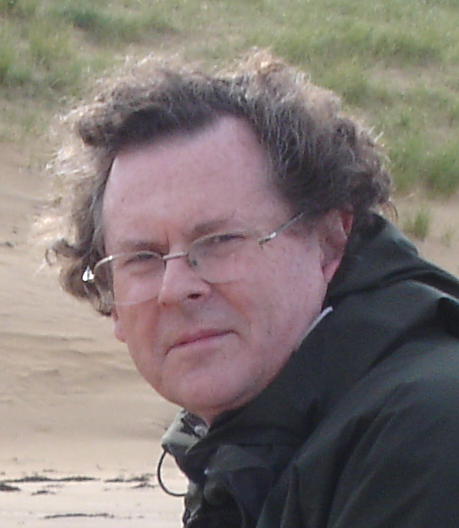 Dr. Stephen Malcolm (UK)
Dr. Stephen Malcolm (UK)
Chief Adviser Marine Environment, CEFAS
Dr. Stephen Malcolm is a Chief Advisor at Cefas focussing on the marine environment and has particular experience in the science, policy and management of eutrophication developed over 20 years. He provides advice to, and represents, the UK Government on marine eutrophication in OSPAR and in EC and other international committees. His experience started when he led several major UK research initiatives on marine eutrophication in the 1990's and has now worked at all levels on the implementation of all the relevant EU Directives (including the Urban Waste Water Directive, the Nitrates Directive, the Water Framework Directive and the Marine Strategy Framework Directive). He is the lead UK technical expert on MSFD Descriptor 5 Eutrophication and, on behalf of Defra, coordinates the technical support for the implementation of the Directive.
Dr. Malcolm also takes a leading role in the development of monitoring and assessment programmes playing key roles nationally and in OSPAR. He chaired the steering group, and was lead editor, for UK Charting Progress 2 report (2010) which forms the basis for the UK Initial Assessment for the MSFD, he was joint lead author of the Marine Chapter of the UK National Ecosystem Assessment (2011) and helped to steer and draft Scotland's Seas Atlas (2011). He has also published, with colleagues, papers on marine eutrophication.
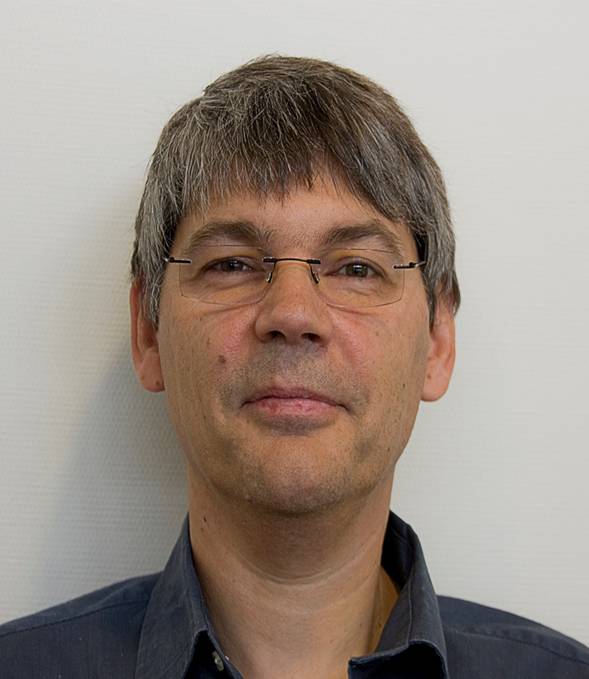 Dr. Jean Prygiel (FR)
Dr. Jean Prygiel (FR)
Head of Knowledge and Expertise, Natural Aquatic Environments Department, Water Agency Artois-Picardie
Jean Prygiel joined the Water Agency Artois-Picardie in 1988 and is Head of Knowledge and Expertise from the Natural Aquatic Environments Department (based in Douai). The department is responsible for the chemical, physico-chemical and biological monitoring of inland surface waters and groundwaters. They also work with Ifremer for the monitoring of coastal waters and ensure the implementation of two mobile laboratories and an automatic measurement buoy for specific studies conducted within the department. Mr. Prygiel has a PhD in biology and animal physiology and habilitation within the the Natural Sciences Department of Lille 1. He is also associated with the Geosystems laboratory of Lille 1 where he has been professor since 2006 and works on topics related with high frequency measurement and exchange of contaminants between sediments, water and biota and their impact on the chemical and ecological status.




